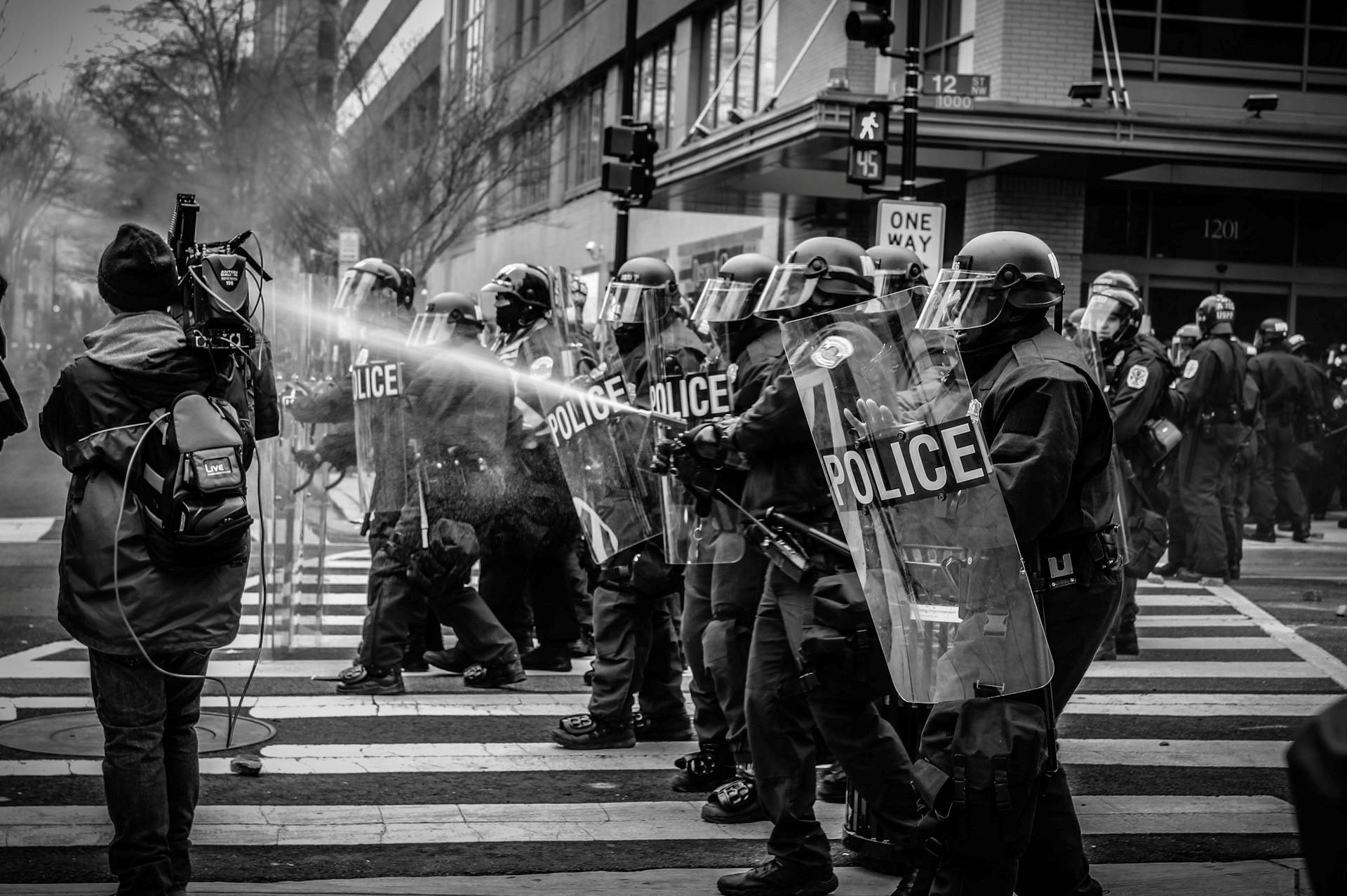A U.S. federal judge has rejected a lawsuit brought by FBI agents attempting to prevent the public disclosure of their identities in relation to the January 6 Capitol riot investigation. The plaintiffs argued that revealing their names would endanger them, especially given the political atmosphere and former President Trump’s continued support for many riot defendants. However, District Judge Jia Cobb ruled that the claim lacked sufficient immediacy, stating the threat was “too speculative” to justify legal intervention at this stage.
The case was filed earlier this year by the FBI Agents Association, representing thousands of law enforcement officers. It sought to shield agents’ names from any potential disclosure by the Department of Justice, citing security risks in a politically charged environment. The agents had hoped the courts would grant pre-emptive protection, pointing to recent pardon pledges by Trump and the likelihood of retaliation should their identities be revealed.
But the Department of Justice countered that it had no current plans to release agent names, undermining the core premise of the suit. Judge Cobb’s dismissal highlighted this gap, reaffirming that constitutional claims cannot rest on hypothetical risks. Her decision signals a cautious judicial approach, especially when balancing federal transparency against unsubstantiated security fears.
This ruling, while procedural, carries broader governance implications. The Capitol riot probe has led to over 1,500 criminal cases, placing enormous pressure on investigative agencies. Yet the judgement underlines that legal privacy protections for government officials will require concrete evidence of harm, not merely anticipatory fears. The case’s collapse also leaves the door open for future disclosures, should the DOJ decide to proceed, unless stronger, fact-based legal arguments are presented.
From a legal perspective, the decision reinforces a key standard in administrative law: speculative injury does not meet the threshold for constitutional relief. For federal agents operating in contentious investigations, this outcome may prompt revised internal protocols or renewed legislative lobbying for protective provisions.
While the agents’ association expressed disappointment, stressing that officer safety remains paramount, the judiciary’s stance is clear. Transparency cannot be curtailed by uncertainty alone but by demonstrable and imminent risk. In an era of heightened public scrutiny, this judgement marks a defining line in the legal limits of pre-emptive government secrecy.


